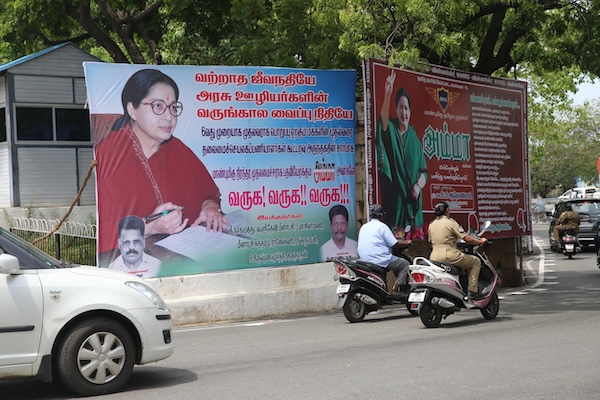.png)
Realpolitik Draped In Fiscal Prudence
The latest budget prioritises fiscal discipline over populist spending, focusing on urban consumption through tax concessions while maintaining cautious capital expenditure. It balances realpolitik with economic prudence, holding back resources for potential rural spending later.


Kalyan Ram, a financial journalist, co-founded Cogencis and now leads BasisPoint Insight.

Krishnadevan is Editorial Director at BasisPoint Insight. He has worked in the equity markets, and been a journalist at ET, AFX News, Reuters TV and Cogencis.
February 1, 2025 at 4:44 PM IST
In a political landscape often marked by populist overtures, the latest budget stands out for its calculated restraint. Outwardly, it appears to be an exercise in economic prudence, prioritising fiscal discipline over political expediency. Yet, beneath this veneer lies a shrewd play of realpolitik, subtly aligning with voter sentiments while appeasing the hawks of fiscal orthodoxy.
The budget’s core message is unmistakable: credibility trumps short-term growth spurts. By banking on optimistic revenue projections and targeted tax concessions, the government has sought to stimulate demand without resorting to the traditional fiscal largesse. This approach not only pleases the fiscal conservatives but also strikes a chord with urban voters, particularly the middle and upper-middle classes, who have felt the pinch of prolonged belt-tightening.
A closer look reveals a budget designed with strategic intent. Tax concessions offering savings of up to ₹100,000 signal a pivot towards urban consumption as the new growth lever, moving away from the rural-centric welfare models of the past. This demographic bet, however, carries inherent risks. The assumption that tax savings will translate directly into higher spending overlooks the nuanced reality of subdued wage growth and a rising propensity for debt reduction among middle-class households.
Interestingly, this budget comes in a year with few high-stakes state elections, suggesting that electoral calculus may have taken a backseat. Yet, the evolutionary rather than revolutionary nature of the proposals indicates a conscious effort to maintain stability while subtly reinforcing the government’s economic narrative. The restrained capital expenditure growth, flat relative to budget estimates, underscores this cautious stance.
At the heart of the fiscal strategy lies a reliance on dividends from public sector undertakings and the Reserve Bank of India. The government's optimistic revenue forecasts hinge on robust financial sector performance, with the RBI's profits from forex operations playing a crucial role in bridging fiscal gaps. This reliance reflects a delicate balancing act, navigating between optimistic growth projections and the realities of global economic headwinds.
Moreover, the looming shadow of the Eighth Pay Commission has not been ignored. By maintaining a lower fiscal deficit, the government creates a buffer to absorb future salary outlays, showcasing foresight that aligns with long-term fiscal sustainability.
The budget may lack dramatic flair, but its understated strategy reveals a sophisticated blend of economic management and political acumen. It reassures markets with fiscal discipline, nudges urban consumption without aggressive spending, and quietly fortifies the government's credibility ahead of future electoral battles.
Another perspective is that the government is holding back its resources for now, with plans to ramp up spending for Bharat later this year or in the next. This administration also tends to increase allocations for demand-driven schemes like MGNREGS when the need for additional funding arises.
The aye-sayers have reason to be pleased.



